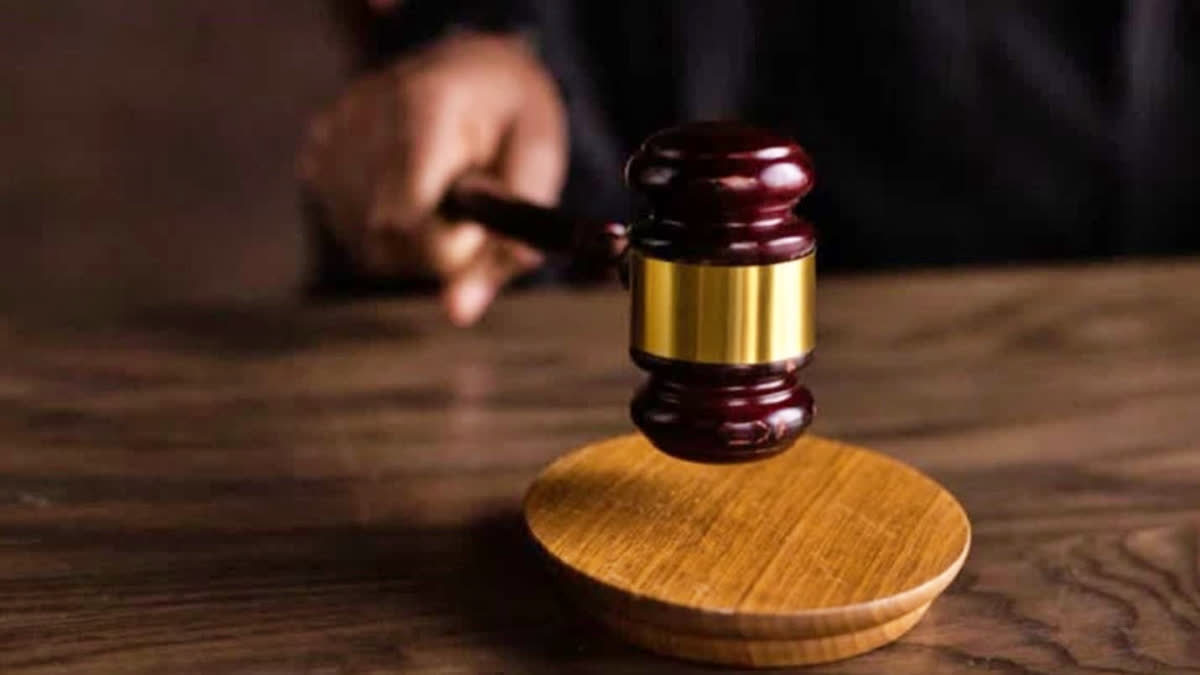New Delhi: The Supreme Court has said that the high court judges who participate in the selection process have domain knowledge both of the subject and of the nature of the service, therefore the high court is best situated to understand the needs of the judicial service.
A bench led by Chief Justice of India D Y Chandrachud and comprising justices J B Pardiwala and Manoj Misra dismissed a plea by the Haryana government seeking permission to conduct the entire selection process of judicial officers through the Public Service Commission (PSC).
The bench said: “We are of the view that the State Government has not placed sufficient material before this court to warrant a deviation from the course of action which has been pursued since 2007, for over fifteen years, including, as recently as by the notification dated 14 December 2020”.
The bench said that the state government has not come before this court seeking a modification of the arrangement by placing objective data which would indicate either the inability of the high court to perform its task thus far or demonstrate that there have been deficiencies in the process conducted by the high court.
The top court noted that there is an urgent need to ensure that the existing 175 vacancies of junior civil judges are filled up at the earliest. The top court declined to entertain an application by the Haryana government to modify the previous order which entrusted the task of recruitment to a committee comprising three high court judges, a chief secretary, an advocate general, and the chairperson of the Haryana Public Service Commission.
“The State Government shall, therefore, within a period of two weeks from the date of this order, take necessary steps to ensure that the recruitment is conducted by a committee consisting of (i) three Judges of the High Court nominated by the Chief Justice; (ii) the Chief Secretary of the State of Haryana; (iii) the Advocate General of Haryana; and (iv) the Chairperson of the Haryana Public Service Commission”, said the bench, in an order passed on September 26.
The bench noted that the consistent course of action which was followed on the basis of the exercise of the rule-making power, by the substitution of Rule 7B, would have been founded on the understanding that a broad-based committee consisting of both representatives of the high court and of the state and the Public Service Commission should be entrusted with the task.
The bench said: “This acknowledges the position that the High Court is best situated to understand the needs of the judicial service. Judges of the High Court who participate in the selection process have domain knowledge both of the subject and of the nature of the service”.
The bench said if this understanding, which has been reflected in the consistent course of action since 2007, was to be deviated from, this had to be based on cogent material which is found to be evidently lacking.
The top court also relied upon Article 234 of the Constitution which provided that appointments to the judicial service of a State, other than district judges, shall be made by the governor of the state in accordance with the rules made by him in that behalf, after consultation with the State Public Service Commission and with the high court exercising jurisdiction in relation to such state.
The bench cited that “this Court made a reference to the decision which was arrived at in the Conference of Chief Justices and Chief Ministers by which the High Courts were to be entrusted with the role of making appointments to the judicial service”.
It said several states have already ensured the amendment of their Rules framed under Articles 234 and 309 by entrusting the selection process to the high courts. “This Court also noted that in other States where the work was being conducted under the authority of the Public Service Commission, the work of selection was being supervised by a committee appointed by the High Court”, said the bench.



